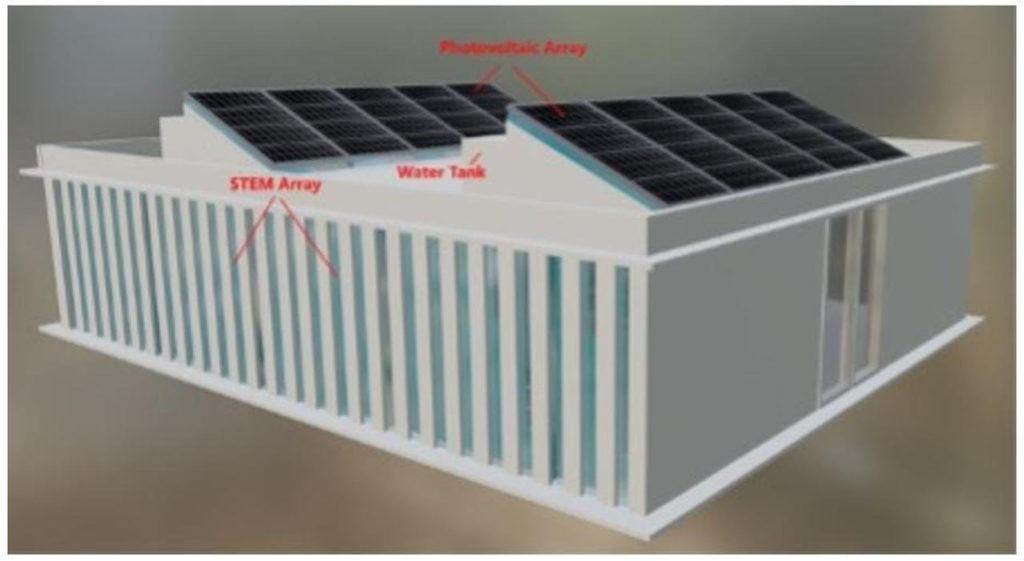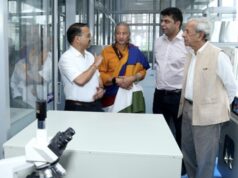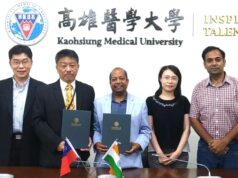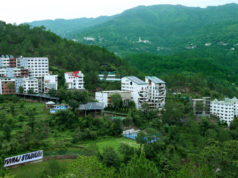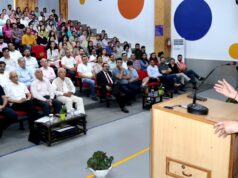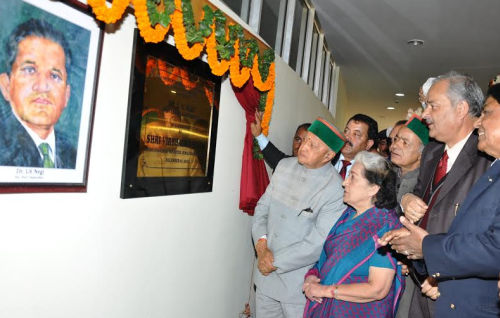Solan – In a monumental leap towards a sustainable future, the Centre of Excellence in Energy Science and Technology (CEEST) at Shoolini University, in collaboration with the University of New South Wales, Australia, has unveiled a pioneering compressor-free cooling technology. This groundbreaking initiative, driven by a photovoltaic (PV) system, promises to revolutionize the landscape of energy-efficient solutions, heralding a new era of net-zero energy buildings (NZEB) and a substantial reduction in global greenhouse gas emissions.
The results of this groundbreaking study, published in an International Journal of Cleaner Production, underscore the significance of the research, boasting a remarkable Cite Score of 18.5 and an impact factor of 11.1.
The team, consisting of Rahul Chandel, Shyam Singh Chandel, Deo Prasad, and RP Dwivedi, has successfully developed a sustainable method that replaces conventional compressor-based air conditioning systems with innovative thermoelectric cooling technology. This novel system underwent rigorous testing at the Solar Energy Research Facility of the CEEST, demonstrating its capacity to effectively reduce indoor temperatures by an impressive 5–16°C.
A pivotal aspect of the study is the creation of semi-transparent thermoelectric-photovoltaic (STEM-PV) modules. These modules not only mark a significant stride towards future commercial cooling devices but also pave the way for advanced research in net-zero energy buildings. Professor Shyam Singh Chandel, a co-author and globally recognized top 2% scientist in Energy by Stanford University and Elsevier, elucidated
“This model can evaluate performance under various climatic conditions worldwide, leveraging solid-state semiconductor devices that operate on the Seebeck or Peltier effects for energy conversion. Importantly, it avoids the use of environmentally harmful refrigerant gases based on CFCs and HCFCs.”
The thermoelectric technology championed by the CEEST eliminates the use of CFCs, HCFCs, or any gases contributing to global warming and ozone depletion. This aligns seamlessly with the United Nations Sustainable Development Goals (SDGs), particularly SDG7 (Affordable and Clean Energy) and SDG13 (Climate Action). Professor Shyam Singh Chandel emphasized the urgency of adopting such sustainable technologies, stating
“In light of global warming challenges and our commitment to the UN SDGs, it’s imperative to further research and utilize these sustainable cooling solutions.”
This groundbreaking innovation not only offers a tangible solution to the climate crisis but also sets a precedent for environmentally conscious technological advancements in the field of energy and sustainability.


